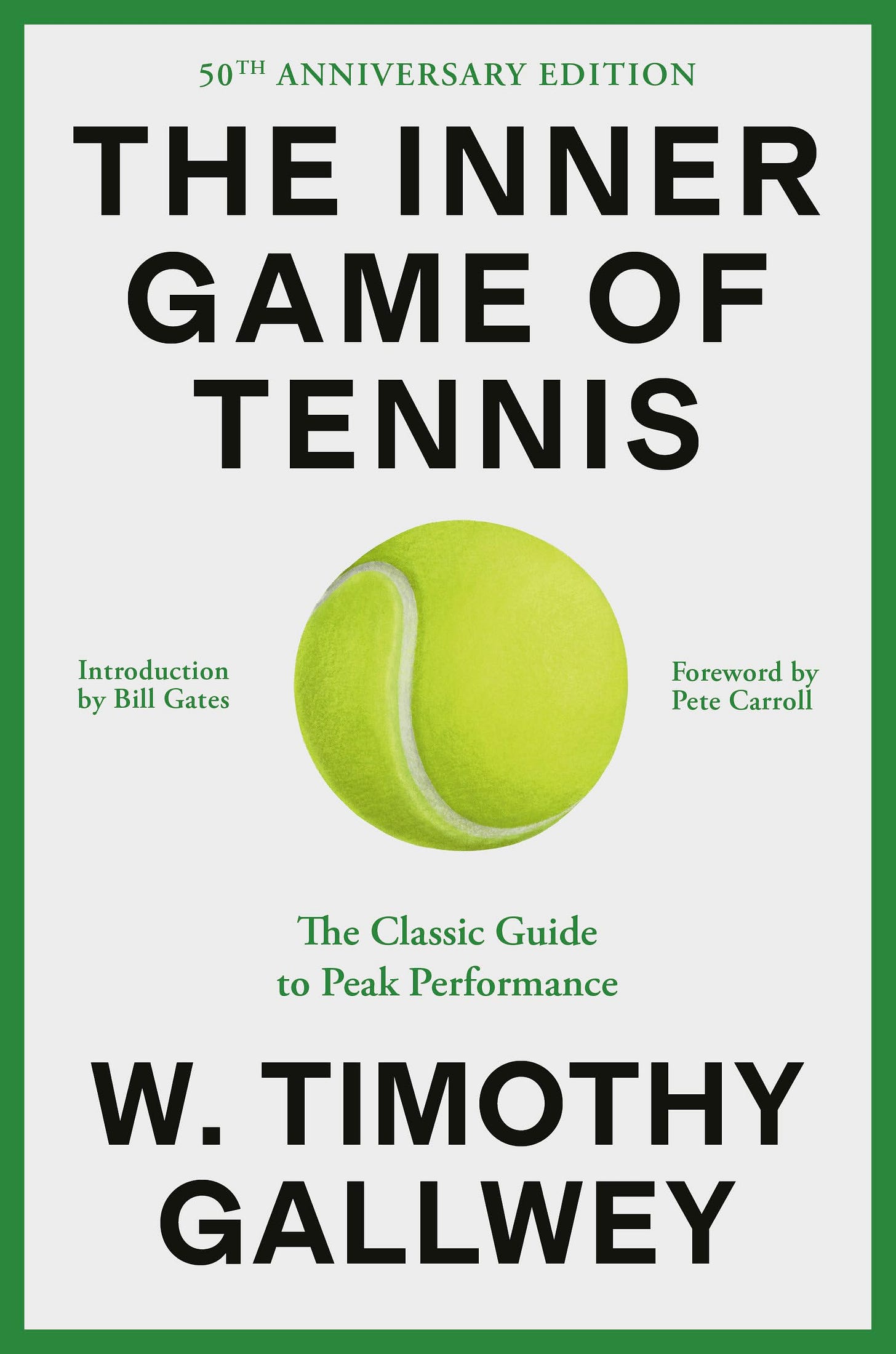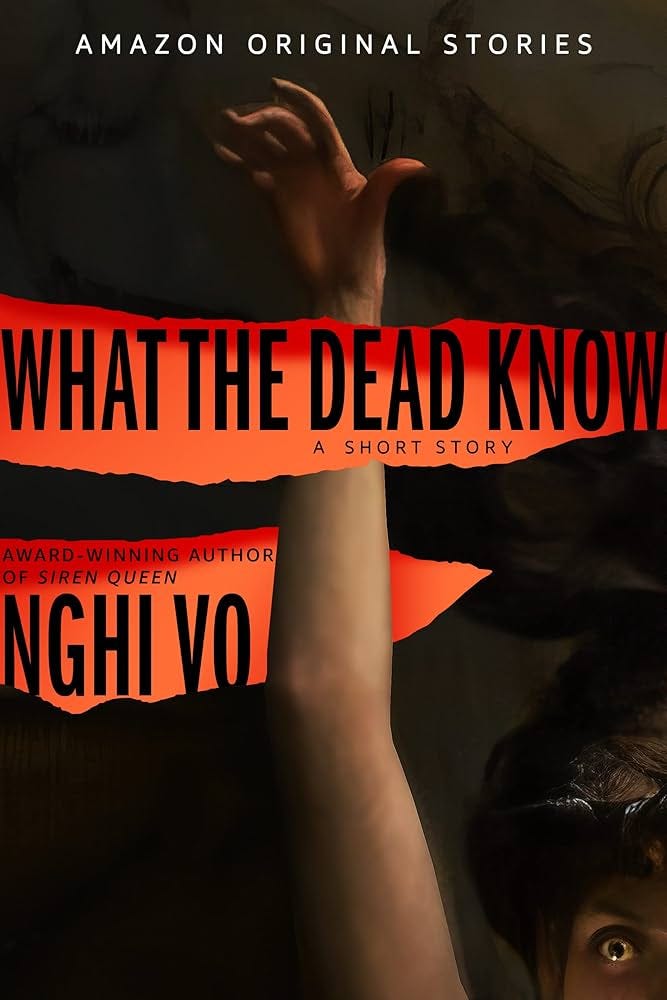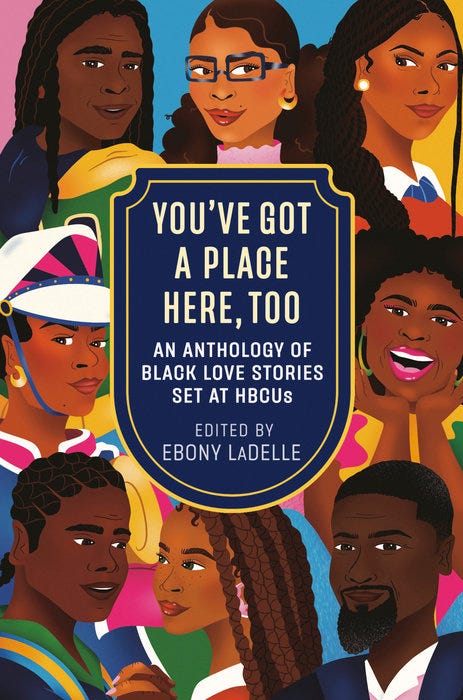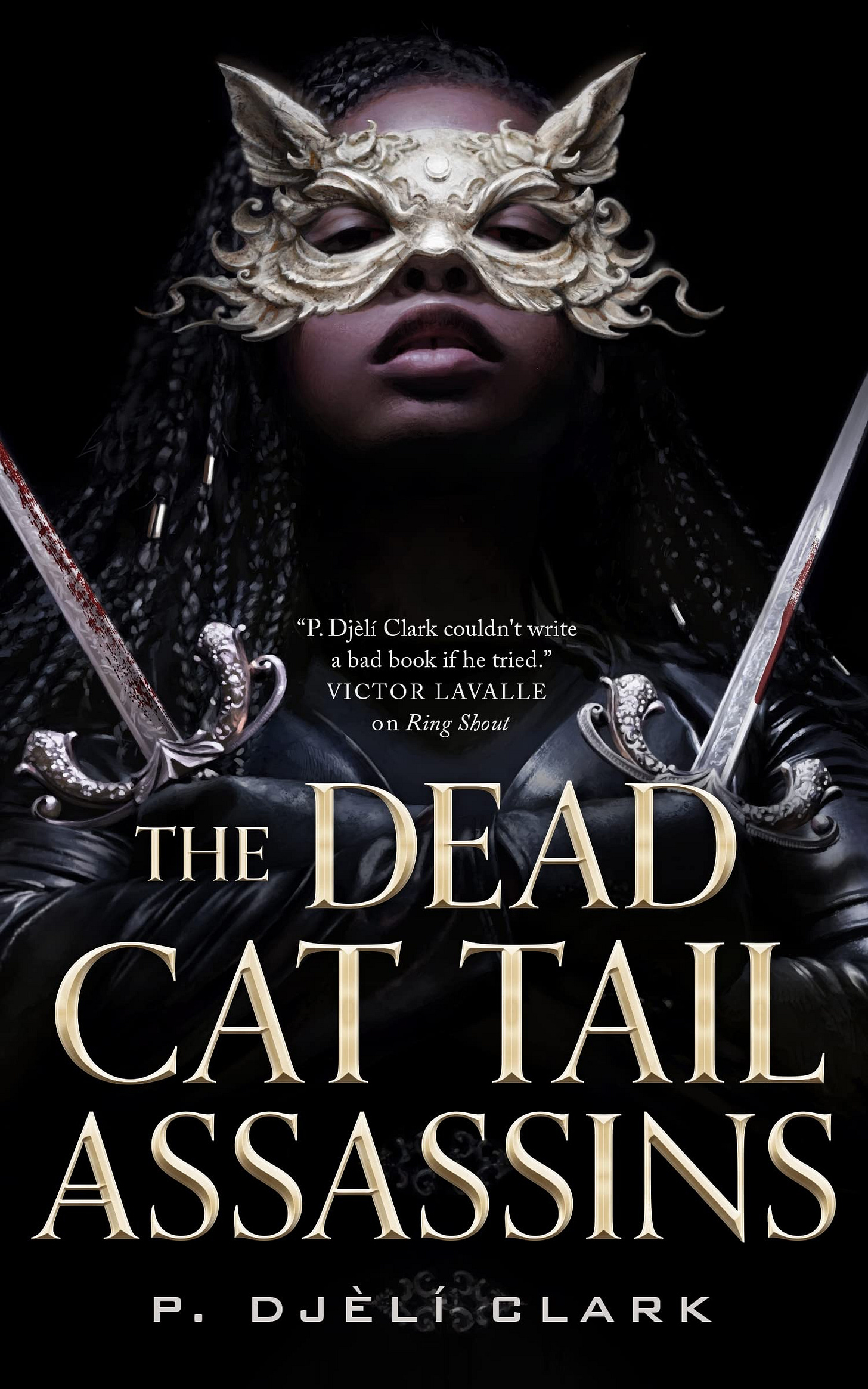First, I must share that 20 advance reader copies of August Lane are up for grabs on Goodreads! Open to US & Canada only. Ends April 21st
I started working on multiple books a while ago, and my current reading list tripled. I don't discuss details of works-in-progress publicly for ✨book magic reasons✨, but I’ve found that the less I talk about a project in its early stages, the easier it is to block out publishing noise and focus on the work. But I would like to talk more about my writing process here while it’s happening in real-time. So, I thought I’d start with how I use reading as writing fuel.
I recently spoke to a friend about how much I read while I’m writing. I know a lot of authors don’t do this. They avoid reading while drafting so they won’t inadvertently copy another author's voice or style. I totally understand this. We tend to get inspired by what we’re exposed to, and sometimes, it shows up on the page. It’s a hazardous skill that makes us good storytellers.
But I always read while I write. The first step in my story development process is to look for books to inspire me. They help me create a mental world for the project: Vibes. Tone. Structure. I’m looking for words on the page that make me want to put my words on the page. Basically, I’m stealing like an artist.
Steal Like an Artist by Austin Kleon was one of the first craft books I ever read. The book opens with a quote by Pablo Picasso: "Art is theft.” It’s such a bold statement, particularly when we live in a time when fair use is weaponized to erode copyright protections for authors. But then the next page quotes T.S. Eliot: "immature poets imitate; mature poets steal. Bad poets deface what they take, and good poets make it into something better, or at least something different,” and you get what Picasso was saying.
So nothing is truly original. We're all collectors, remixing what we absorb into something representing our voices and the stories we want to tell. Every book is a collection of what I consumed before and during its creation. As Kleon says:
"Your job is to collect good ideas. The more good ideas you collect, the more you can choose from to be influenced by."
Plagiarism is passing someone else's work off as your own. Copying is mimicry devoid of understanding. Collectors are reverse engineers, like mechanics, who take apart a car to understand how it works. They don't steal from one hero. They steal from all of them. And they don't steal the style—they steal the thinking behind the style.
Collecting isn’t just for story ideas. I use reading for different purposes, all of which inform my books.
I read to become a better writer. I look for books with prose that astonishes and challenges me. I study authors who excel at things I struggle with. I highlight sentences, phrases, word choices, metaphors, and descriptions and dissect why they resonate. Sometimes, I practice writing my version of a beautiful sentence to get a feel for how it was constructed.
I recommend following Nina Schuyler’s Stunning Sentences newsletter if you're interested in similar writing exercises.
I read for research. Half of everything I read is nonfiction—memoirs, cultural commentary, history books. They’ve inspired plots, characters, themes, you name it. And you never know when you will come across something that sparks an idea. I recently read Get the Picture by Bianca Bosker, a memoir that explores the art world and creativity in an immersive and entertaining way. In addition to learning about art, it helped me capture the voice of a supporting character I’d been struggling with.1
I read to learn new genres. When I want to learn a new genre, I start by seeking out the following types of books:
Genre classic
Genre-conforming
Genre-bending
Current bestseller
Critical darling
Genre classic and genre-conforming are always first. I need to understand the conventions of a genre and execute them successfully (fingers crossed) before I’m brave enough to subvert them. And it’s so important to read what’s hot right now in your genre to understand where your voice fits in the current marketplace.2
I read to reconnect with my genre. I’ve been reading romance since the 90s and writing it since the early 2000s. But while working on my debut, I picked up as many contemporary romance titles as possible. If you’ve been immersed in something for a long time, it’s easy to take your familiarity with it for granted. Things change. Genres evolve. And sometimes, you’ll stumble over a new take on an old trope that reminds you of why you fell in love with those types of stories in the first place.
I read to understand myself. In Steal Like an Artist, Kleon talks about writing what you like. But art makes it easy to outsource your tastes to the masses. If you don’t read with intention, what you like becomes a reflection of what you're exposed to, not what you actively seek out.
While reading, I pay attention to my reactions. What pulls me in? What delights me? Which books are so intimidating that they make me feel like a fraud? When I feel that way, it's usually because I found something in those pages that I’d like to recreate in my own books. That's valuable information I can use to become a better writer.
I read because I love reading. This is probably the biggest reason. Falling in love with reading is the reason I started writing in the first place. I don’t feel like myself unless I’m lost in a book.
So, what have I read lately?
If you've read the acknowledgments in The Art of Scandal, you know I wrote it after taking a substantial break from writing. Before my debut, I'd written eleven novels (never querying, just posting online for fun) and several shorter pieces, always working on multiple projects simultaneously. When I returned to writing, I focused on one book. When that sold, I concentrated on the second. However, attempting to focus on a third left me paralyzed with indecision. Publishing voices crept into my head: This one is more marketable. The market is saturated. What if people hate book two? Be prepared to pivot. I spent most of November ‘24 frozen, producing nothing.
The breakthrough came when I decided to work on whatever I wanted, whenever I wanted. That freedom shook something loose. I’m drafting one novel, outlining another, and just sent my agent a proposal for a third. I'm rediscovering the freedom I felt years ago before publishing considerations entered my creative process.
So, as you can imagine, I’ve been reading A LOT. Like I said, I don’t talk much about my WIPs, but you can get a few hints from the list below.
For inspiration:
Inner Game of Tennis by W. Timothy Gallwey is a classic guide to the mental side of playing tennis and how self-doubt and overthinking hinder success. This book basically gave me a framework for the entire mindset of one of my characters. It also helped my mental writing game.
To improve my writing:
Rouge by Mona Awad is a horror, gothic fairy tale about a lonely dress shop clerk whose mother’s unexpected death sends her down a dangerous path in pursuit of youth and beauty. I don’t typically write in first person, but I’m attempting it for a WIP. Aside from being incredibly entertaining, the first-person voice in this book is so close and vivid. I’ve been highlighting every other sentence.
For research:
The Cooking Gene by Micheal W. Twitty is part memoir, part historical investigation. This book traces the roots of African American culinary traditions in the South through genealogy, food, and cultural memory. I learned so much about the region I call home and it gave me so many ideas for one of my WIPs.
To study genre
What the Dead Know by Nghi Vo: is a haunting novella that blends fantasy, grief, and folklore. Such a gorgeously creepy ghost story. This is my first Nghi Vo, but it won’t be my last.
To reconnect to my genre:
You've Got a Place Here, Too, edited by Ebony LaDelle, is a collection of love stories set at HBCUs. I loved these! The combination of the setting and a parade of sexy, sweet romances was a joy to experience. I also discovered so many new authors to add to TBR.
Because I love to read:
The Dead Cat Tail Assassins by P. Djèlí Clark is a fast-paced fantasy novella that pits gods against assassins. This book was so funny, accessible, exciting, and unpredictable. I’ve been recommending it to everyone I know.
Words Worth Keeping
"Don't steal the style, steal the thinking behind the style. You don't want to look like your heroes, you want to see like your heroes."
— Austin Kleon, Steal Like an Artist
What's your relationship with reading while writing? Do you separate the two activities or let them feed each other? I'd love to hear your thoughts.
Audiobooks are great for nonfiction. I listen to them while I do chores or while I’m in the car and often get bursts of inspiration that I quickly jot down in my notes app.
Warning. This may depress you. But on the other hand, you may discover you’re writing a thing you didn’t know you were writing, which is cool when you think about it. (Surprise! You’re upmarket!)














i love this! i feel a lot of guilt reading while drafting because i feel like i should be using that time to work, but this is such a helpful & insightful way to approach it.
YES. this is both validating (I simply cannot stop reading and may as well accept it lol) and insightful—the breakdown of all the ways we read is inspiring me to take inventory of my own TBR. thank you for sharing!!